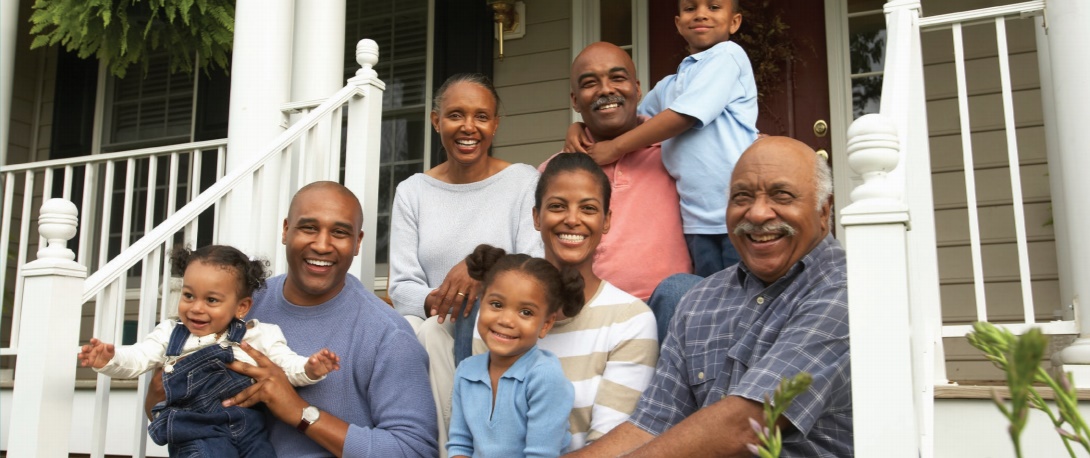
Photo courtesy of the U.S. Census Bureau
The U.S. Constitution requires that the population of the 50 United States, District of Columbia, and five U.S. territories is counted every ten years. By April 1, 2020, every household will receive a notice to complete the 2020 Census.
Participating in the 2020 Census is especially critical for communities of color as they are most susceptible to be undercounted. Although a fair and accurate count is a constitutional mandate, African Americans and Blacks have been undercounted in the U.S. Census for decades. This means their families and neighborhoods miss out on community-based resources and representation on council seats, county commissions, juries, state legislatures, in Congress, and billions of federal government dollars allocated for local, state, and tribal governments.
In 2010, the U.S. Census undercounted the African American population by more than 800,000 individuals. lack immigrants, children under 5, African American men and the Black LGBTQ community made up much of the undercount. African American men are at particular risk of being undercounted; historically, Black men have been undercounted in greater numbers than men of other racial or ethnic groups. This is due to a variety of factors, including mass incarceration, home addresses not being included on the Census address roster, fear of government and privacy, language and literacy concerns, complex household relationships, or residence at multiple addresses.
Today, more than one in three African Americans live in hard-to-count census tract. An area is considered a “hard-to-count” tract if the previous census had a response rate of less than 73%. An area may be hard-to-count because it is rural and geographically isolated, because residents are low-income or no-income, or if there are language barriers to accessing and understanding census materials. This year, with the census being offered online, access to computers and reliable internet may cause communities to be hard-to-count for technological reasons. That’s why organizations such as the Diverse Elders Coalition and the National Caucus and Center on Black Aging (NCBA) are encouraging African American and Black communities to do all that they can to make sure everyone in their household is fully counted in the 2020 Census.
What Do YOU Lose if You Aren’t Counted?
If YOU aren’t counted in the 2020 Census, your community will lose funding and congressional representation for the next decade.
The 2020 Census will inform the distribution of more than $675 billion in federal funds to states and communities each year. Businesses, community leaders, and local governments use census data to create jobs, ensure public safety preparedness, and support federal, tribal, state, and community initiatives such as:
- Schools and education
- Health care facilities
- Housing assistance
- Public transportation
- Child and adult food assistance programs
- Assistance for people transitioning out of homelessness
- Career and technical education grants
- Medicare Part B
- First responders
How can I get counted?
Responding to the census takes just a few minutes. Simply answer a handful of questions online, by phone, or by mail. The Census Bureau encourages renters and recent movers to complete their forms right away, online or by phone, in case paper forms get lost in the mail.
All responses are confidential and protected by law. Your personal information can never be shared with law enforcement agencies or property managers, and it cannot be used against you in any way.
Black communities deserve to be accurately represented in the census. Get counted this year to ensure a healthy future for our families for years to come.
The opinions expressed in this article are those of the author and do not necessarily reflect those of the Diverse Elders Coalition.
